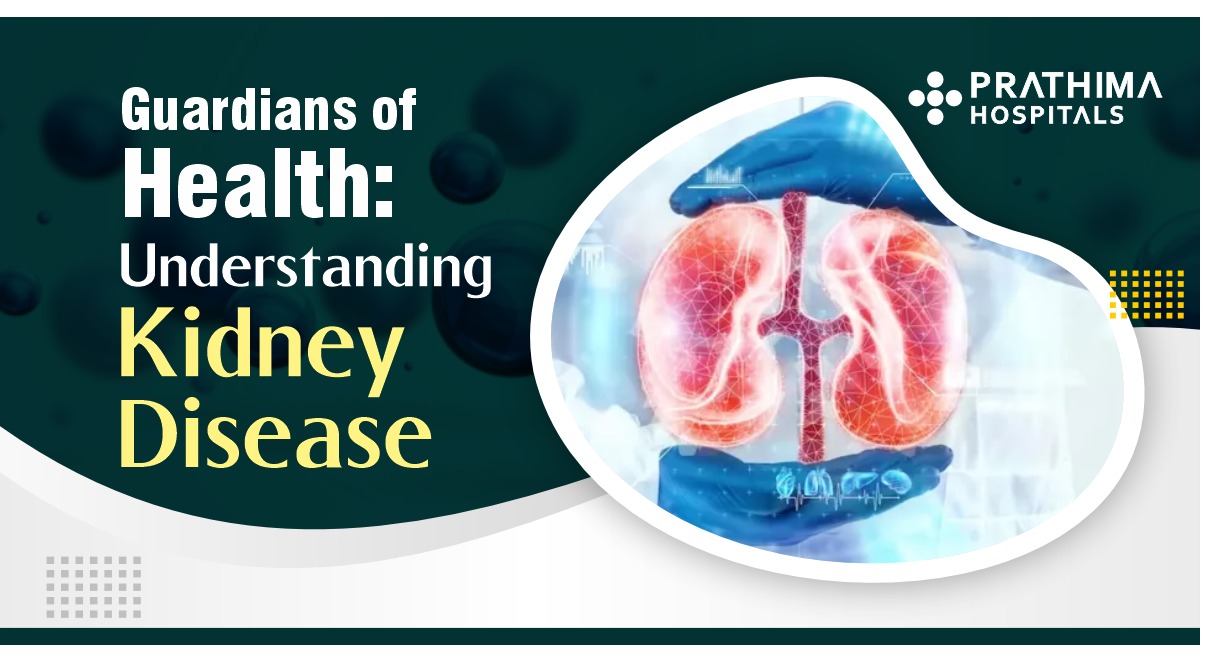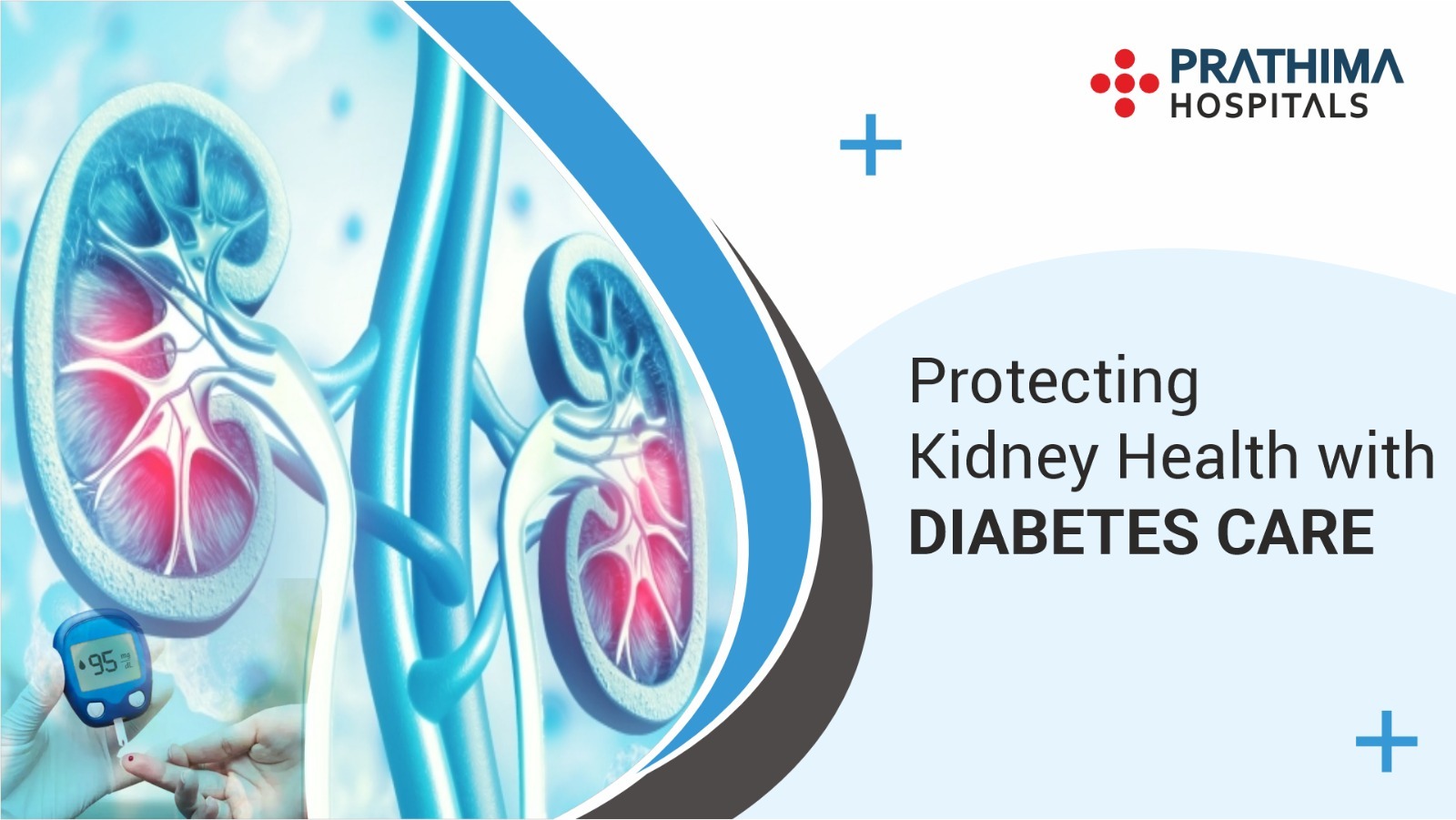Fluorescence Guided Microsurgical Resection For Brain Tumours

This campaign is about the state-of-the-art technology in the management of brain tumours.
Brain tumors are one of the deadliest diseases known to mankind. Almost all the brain tumours need surgery to remove cancer. Brain tumor surgery is a tricky and challenging task. Most of the times, it is very difficult to differentiate the tumour tissue from the normal brain tissue during surgery. This leads to incomplete removal of tumour tissue.
Operating microscope equipped with Fluorescence technology helps to differentiate between the tumour and the normal brain parenchyma. In this technique, we use sodium fluorescein to visualise the tumour tissue. Sodium fluorescein absorbs blue light and emits yellow-green fluorescent light.
During brain tumour surgery, sodium fluorescein is injected into the patient’s blood. Fluorescein then gets deposited in the tumour tissue. The normal brain tissue does not take up fluorescein due to the blood-brain barrier. When the tumour is exposed to blue light, the fluorescein deposited in the tumour emits yellow-green fluorescent light. Thus, we see the tumour as yellow-green glowing tissue clearly distinct from the normal brain. This helps us to remove the tumour tissue completely without damaging the adjacent normal tissue.
The operating microscope filters off the blue light and helps to clearly visualise the glowing tumour tissue and also the normal adjacent tissue. The magnification and 3D stereo microscopy further enhance the field of view to achieve better resection.
Research has shown that the rates of *gross total resection of brain tumours can be as high as 80% when fluorescence-guided resection is applied in comparison to 20 % resection rates when this technology is not used. So, fluorescence-guided resection helps the Neurosurgeon to achieve greater precision and better outcomes.
So, when there is an emergency or Brain Tumours just think of Prathima hospitals and be rest assured of best care and outcomes.
Why Choose Prathima Hospitals For Minimally Invasive Surgeries?
1. Highly Skilled and specially trained Surgeons in various specialities and super specialities
2. Skilled and experienced Technicians and support staff
3. Advanced equipment, latest instruments and unmatched infrastructure – Neurologist in Hyderabad
Our strong team ensures excellent patient care round the clock 24x7x365 availability of support systems like ambulances, technicians, ever ready Emergency team and fully functional surgeons of all departments are available. Prathima Hospitals concentrates on specialist services in larger numbers which improve outcomes and reduces complications – this can save even more lives a year by providing patients with world-class care at every stage – from prevention and diagnosis, through to treatment and rehabilitation through Minimally Invasive Surgery.





